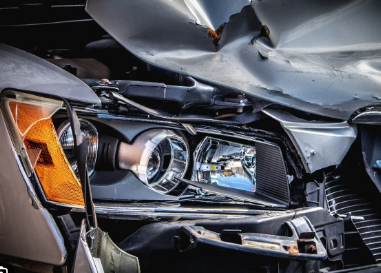
If a car is involved in a major accident or suffers significant damage, it may be deemed an absolute loss by insurance companies. This is where the idea of car salvage value comes into play. Understanding salvage value is crucial to car buyers, owners and sellers too. This is a complete guide to what salvage value is and how it impacts different stakeholders.
What is Salvage Value?
car salvage value refers to the estimate of value for a vehicle that is considered to be a total loss for the insurance provider. When the cost of fixing the vehicle that has been damaged is greater than the actual value (ACV) prior to the incident and the vehicle is classified as totaled. Salvage value essentially the amount the insurance company estimates the car can still fetch if sold for scrap or parts.
How is Salvage Value Determined?
Salvage value is determined by several factors, including the car’s make, model, age, and state prior to the incident. Insurance adjusters take these elements in conjunction with the current market value of comparable cars in good condition to estimate the salvage value. Condition of vehicle main components including the transmission, engine and body, is a major factor in this assessment.
Impact on Car Owners
For car owners that own their vehicles, the value of their salvage is a crucial factor in determining the value of insurance claims. If your car is considered to be a total loss, the insurance company will provide you with an amount that is equal to the value of the car’s ACV minus any deductible, plus the salvage value. You may choose to keep the vehicle and settle for a lower settlement or offer it to the insurer and receive the full amount.
Buying Salvaged Vehicles
Buyers interested in salvaged vehicles should approach with cautiousness. Salvage vehicles are typically offered at a lower cost because of their damaged past however, they could require major repairs. It is essential to inspect the car and get the full repair history prior to purchasing. In addition, be sure to ensure that the car is in good repair and has passed any required inspections to be roadworthy.
Selling Salvaged Vehicles
When selling an unsalvaged car it is essential to be transparent. Disclose the car’s salvage status to potential buyers and provide documentation of its history and repairs. Salvage vehicles typically are sold via auctions or salvage yards which are where buyers look for replacement parts or project vehicles.
Conclusion
Knowing car salvage value is crucial for car owners and buyers. It can affect the amount of insurance paid, affects the value of resales, and determines the manner in which salvaged vehicles are dealt with in the market. If you’re dealing with a totaled vehicle or considering buying one, knowing how salvage value works will help you make educated decisions and navigate the complexities of the auto industry.


